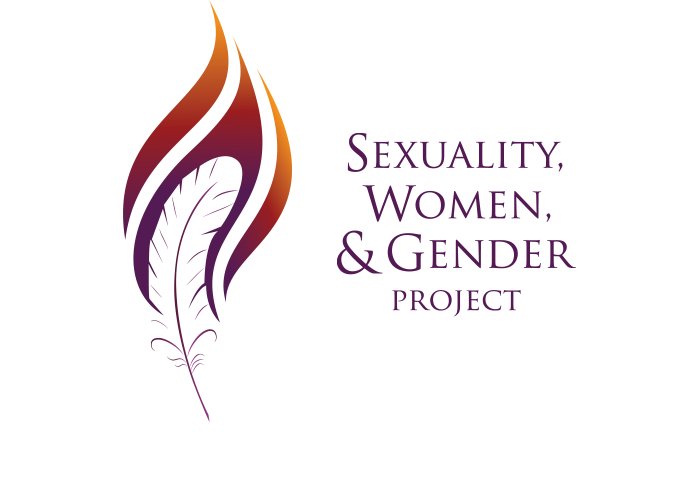TEACHERS COLLEGE, COLUMBIA UNIVERSITY
Reproductive & Maternal Well-Being is part of TC’s mission to educate the workforce needed to address the complex questions of the changing procreative lives of 21st century women and families locally and globally.
FOCUS ON MOTHERS
Teachers College, Columbia University offers a 12-Credit NY State Approved Graduate-level Certificate Program in Reproductive & Maternal Wellbeing.
Learn more about our groundbreaking faculty who created the first course in Matrescence.
Apply now: Registration is open!
MATRESCENCE
Despite mothers forming the cornerstone of most theories of human development, training that supports their own needs remains difficult to find. This curriculum speaks to the absence of graduate-level coursework on maternal development and reproductive mental health.
Matrescence was first revived at TC by Dr. Aurelie Athan, a co-founder of the Sexuality, Women, and Gender Project. She applied it to the creation of a unique academic arena solely focused on Maternal Psychology.
CERTIFICATE PROGRAM
You may receive certification upon completion of:
12 points of specialized courses
An in-depth research paper
A semester long practice/volunteer experience.
Coursework
Coursework will focus on the dynamic biological, social, emotional, cultural, political, economic, and spiritual forces that shape a mother/parent’s development. We envision it effectively addressing the holistic needs of families, broadly defined, and inclusive of the diversity of care-taking roles and experiences.
CCPX 4126: Matrescence: Developmental and Clinical Implications
Few areas in psychology have developed as slowly as research and theory about mothers. The purpose of this course is to explore matrescence: the biological, psychological, social, cultural, and spiritual factors that influence women’s well-being as they transition to motherhood. Theories of maternal development from conception through pregnancy, the postpartum period, and beyond - inclusive of adoption, surrogacy, and various forms of family building - will be critically examined and applications for practice discussed. Readings include empirical, descriptive, theoretical, literary and popular readings. Topics covered include: preconception care, motivation/timing of family planning, infertility, psychological stages of pregnancy, decision making in birthing and feeding practices, maternal “instinct” and trends in parenting styles, maternal distress and of diagnostic criteria, work/life balance and social support, global and anthropological perspectives, and positive psychology/spiritual reconceptualizations of maternal experience among others. Project-based learning includes fieldwork and research with participating organizations and individual experts.
CCPX 4199: Perinatal Mental Health
This course will utilize history, theory, research, student discussion, personal anecdotes (e.g. videos, podcasts, blogs), news, and social media to develop a broad understanding of the issues related to perinatal mental health, including in historical and modern contexts. Course objectives include understanding the etiology, theories, and treatment modalities for psychopathology before, during, and after pregnancy and family building. An additional focus of the course will be to expand current thinking about perinatal mental health with an emphasis on understanding women’s diverse experiences, as well as the changing landscape of perinatal and reproductive mental health. Special topics include fertility issues, reproductive trauma, family policies, and advocacy among other increasingly complex topics. Guests lecturers and cutting edge-specialists in the field will also be invited.
CCPX 4125: Women and Mental Health
The course will explore the multitude of factors that affect women’s mental health over the lifespan. We will address issues such as sexuality, motherhood, work, intimate relationships, traumatization among many others. The focus of this class is clinical rather than sociological. We will examine the class topics with the purpose of helping you to be more sensitive, aware, and informed in your practice with female patients. Themes about common affects that dominate the female experience in psychotherapy and in life such as shame, fear, envy, and anger will be recurring throughout our discussions. We will use relational psychodynamic and feminist theories to understand these experiences.
CCPJ 4199: Working with LGBTQ Couples and Families
This Special Topics course will provide a foundation for supporting and intervening with lesbian, gay, bisexual, transgender and queer (LGBTQ) couples and families across a range of helping contexts. The course will begin with an examination of social constructions of sexual identity/orientation, gender identity/roles and relationship or familial norms. Following this, the course will explore the experiences of LGBTQ-identified individuals within a broad range of helping contexts: education, healthcare and counseling. Lastly, drawing from the literature, case study analysis and current professional codes of ethics, the course will present helping professions with interdisciplinary and multiculturally competent recommendations for working with LGBTQ couples and families.
Past examples of other "Special Topics" Courses:
CCPX 4199: Brave New Birth: Psychosocial Issues in Reproductive Technology & Genetic Testing
Advances in reproductive technology and genetic testing have reshaped the natural contours of giving birth: altering the definition of family, preserving fertility in the face of aging and disease, creating choice where once there was only chance, and peering into the uncertainties of inherited risk. We will discuss clinical, ethical, and policy implications of these emerging technologies, balancing conceptual issues with social forces that influence access to reproductive care. These larger issues will be balanced with consideration of the lived experience of making hard choices on this shifting frontier.
REQUIREMENTS
A Bachelor's degree
Minimum undergraduate GPA of 3.0
2 letters of recommendation
One statement of interest
It is rolling admission and is open to everyone.






